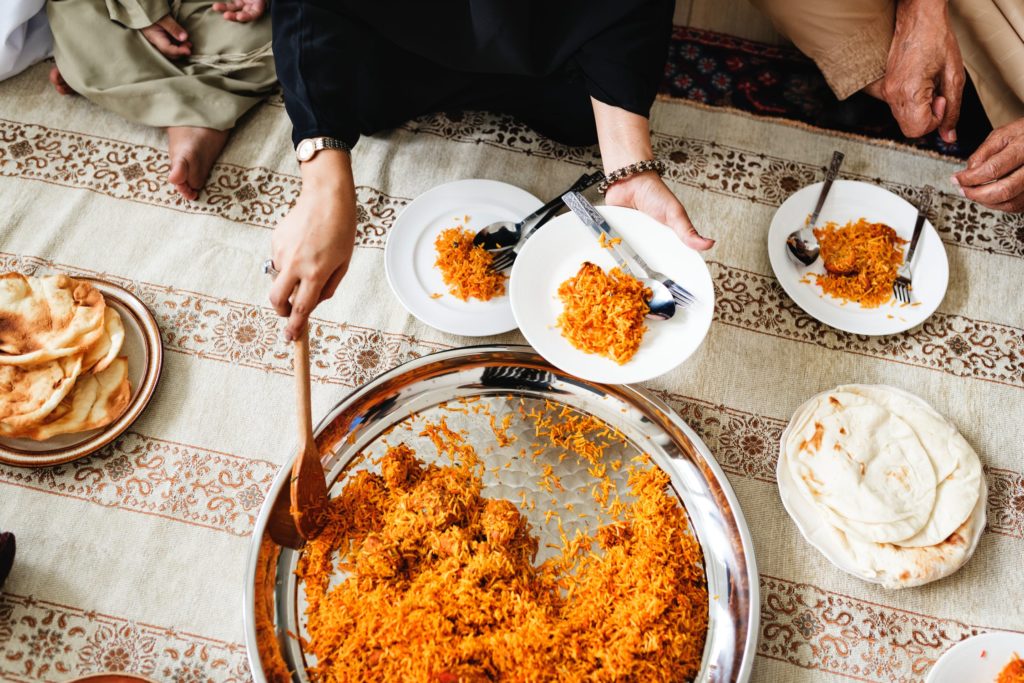The annual Ramadan – the month of fasting for Muslims – started on 22 March. Until Thursday, April 20, Muslims are not allowed to eat, drink, smoke or have sex between sunrise and sunset. The end of Ramadan is celebrated with Eid al Fitr.
Ramadan
Ramadan is an important month in Islam. During the month of fasting, Muslims do not eat and drink, have no sexual contact, and do not smoke between sunrise and sunset. The goal is to explore your inner world. Specifically to focus on prayers, to read the Qur’an, to think and be aware of the hungry or poor people, to help them and to appreciate the value of food and material goods. This holy month is all about for fraternisation, self-discipline and tolerance.
What happens in your body when you are fasting?
When you are fasting the process of autophagy starts. This means that you replace old cells and old tissue in your body. You get a healthier body in return. In addition, your body will look for other energy sources. Your body is often used to using carbohydrates as an energy source. Due to fasting, this is no longer possible and initially it switches to glycogen, which is the natural sugar in your body. After that the body will start breaking down small amounts of protein to get the energy. It may take a while before your body is used to getting resources from elsewhere. That is why you have to be patient! After about two weeks you will feel that you are getting more energy again.
Exceptions
The vast majority of Muslims is fasting during Ramadan. Islam, however, indicates that not everyone has to do fasting. The following groups are not required to fast: children until they are adolescents, women who are menstruating, pregnant or breastfeeding women, the elderly, (chronically) ill people, travellers and people who have to do heavy physical work.
It is common for people who cannot fast due to illness or other circumstances to fulfil their spiritual / religious duties in a different way. For example, they can make up for the fast another time or give a gift to the poor.
Your health comes first
Yet many Muslims who are (chronically) ill want to fast during this holy month. If there is a possibility that your disease gets worse by fasting or by not taking medication, it is not desirable for a Muslim to fast. For this reason it is important to discuss this with your practitioner, doctor or religious supporter. In this conversation an expert can advise what is best for you.
Not fasting during Ramadan does not make you a “bad Muslim.” However, not adhering to the rules of Ramadan and showing that is still a taboo. You have to have a backbone to withstand the social pressure. If you are (chronically) ill but still want to fast, it is advisable to consult with your practitioner or religious supporter. Your health comes first, don’t forget that!











